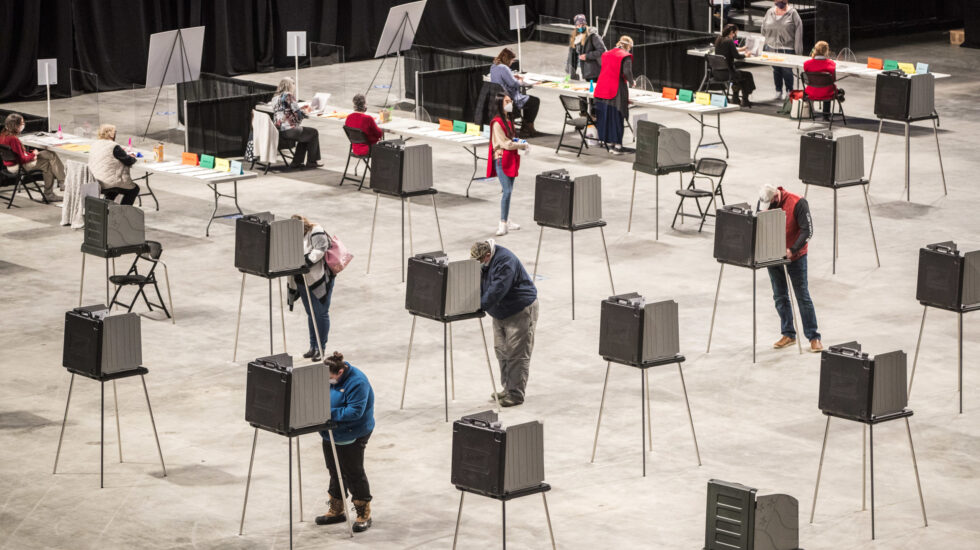We may not yet know who will be president, but there’s no doubt of who’s currently number-1 on the “Loser” list of Election 2020:
Pollsters.
“Polling seems to be irrevocably broken, or at least our understanding of how seriously to take it is,” says the Washington Post.
“The supposedly commanding lead that Joe Biden carried for weeks didn’t last very long into Tuesday evening,” the Post says. “This was a lead, remember, that many predicted could result in a landslide Biden victory, help turn the Senate blue, and bring the Democrats amazing victories in red states like Ohio and Florida.”
Exactly none of that happened. And it was all based on polling results.
The Atlantic calls it a polling catastrophe:
This is a disaster for the polling industry and for media outlets and analysts that package and interpret the polls for public consumption, such as FiveThirtyEight, The New York Times’ Upshot, and The Economist’s election unit. They now face serious existential questions. But the greatest problem posed by the polling crisis is not in the presidential election, where the snapshots provided by polling are ultimately measured against an actual tally of votes: As the political cliché goes, the only poll that matters is on Election Day. The real catastrophe is that the failure of the polls leaves Americans with no reliable way to understand what we as a people think outside of elections—which in turn threatens our ability to make choices, or to cohere as a nation.
One veteran Republican pollster put it succinctly.
But what about all the lessons supposedly learned by the polling catastrophe of 2016? That led to Democratic complacency about Hillary Clinton’s likelihood of victory, and now looks like a model for Joe Biden in 2020.
President Trump consistently trailed Biden in national polls for two years, behind on nearly every issue, notes The Hill.
“Whether job approval, personal favorability, character or the issues, Trump has terrible numbers. Only in his handling of the economy, strong leadership and whether he will win has Trump done well.
“By any metric, Trump should not have stood a chance,” The Hill says.
But obviously, he did. And does.
Take a look in the rear-view mirror, at 2016. As the election approached, many if not most Americans thought Clinton would win — after all, the polls said so, and news outlets bought it.
That it didn’t turn out that way “came as a shock to many, and the hubris of the media elite became the story of the election,” says The Independent, via MSN.
Pollsters became targets for outrage — but they refused to admit they were wrong or that there were mistakes in their methods, instead blaming “a failure of analysis and reporting” by the news media.
But the head of public polling at Paris-based Ipsos admits that [pollsters] “took our eye off of the importance of the Electoral College and how the Electoral College could, and in fact did, deviate from those results.”
At the time, polling services vowed to adjust their methods and the ways they communicated their findings to the media and the public.
Clearly, in light of the current mirror-image mess, they failed.



